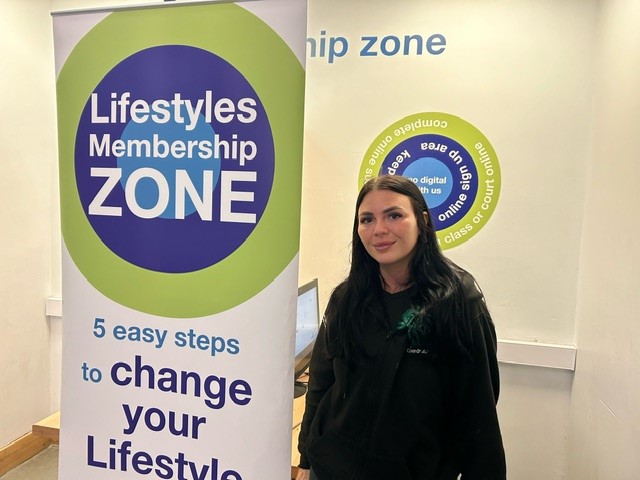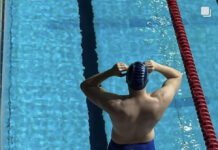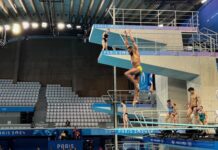From making the journey from Guyana as a 14 year old, to being the first black man to have a street named after him in Liverpool; meet James Clarke.
A secret sports star whose gift for swimming made him a city hero, in the early 1900s, James Clarke was a legend of Liverpool whose achievements have been recognised during this black history month.
When he came to Liverpool at the age of 14, he had nothing and knew nobody. He was found on the streets of the city and taken in by local priests. His newfound home happened to be near the canal where he found himself diving in to save children from drowning.
A highly skilled swimmer and boxer, Clarke joined Wavertree swimming club, and represented other teams such as Everton and Woolton.
In 1911, he was awarded a certificate by Liverpool Shipwreck and Humane society for rescuing a man in Waterloo docks, however he felt passionately that children should be taught to swim and wanted to teach others.
He gave lessons at Burrough Gardens Baths and become a pillar member of the community by working closely with Merseyside police, training them to swim as well as assisting water searches for missing people.
Given his work going right back to the 1900s and back ground, one would have thought swimming participation from ethnic communities would hopefully have risen, but this is not the case. Sport England research from 20202 revealed 95% of black adults do not swim. It is a staggering 80% for black children.

Natasha Cookson, Swimming Co-ordinator at Liverpool aquatics centre in Wavertree, has shed light on the diversity she sees daily and why there’s a lack of black members of the community participating in the sport.
“I’ve had a lot of people come in especially for the adult lessons and they’ve said that if they’ve come from other countries or growing up, they’ve not had an upbringing where they’ve been open to having swimming lessons.
“They’re generally scared and there’s a lot of controversy around them coming to swimming because they’ve not gone swimming before and aren’t used to it. So, a lot of adults who are people of colour come in and they just want the confidence, they’ve either had bad experiences or not had any experience at all with it.”
Like James Clarke, Cookson strives to encourage children to learn to swim from as early as possible, with their classes starting from age four.
Getting children to learn as early as possible requires parental support, says Cookson: “Most children in those classes have different ethnic backgrounds because they’re parents have said they can’t swim themselves and want their children to swim.”
Liverpool aquatics centre offer a range of swimming classes for all ages and abilities.


















